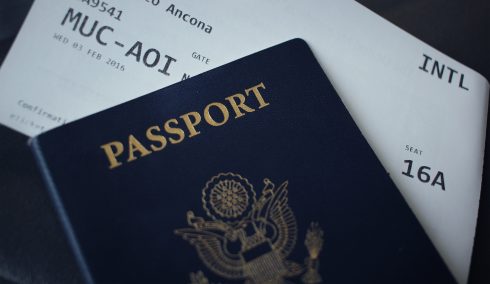A TOTAL of 3,760 people in Spain died from Covid-19 in the first six months of 2023, which is 82% fewer than in the same period of the previous year.
According to the national statistics office’s (INE) report on deaths, there were a total of 221,462 deaths from all causes, 14,245 fewer than in the first six months of 2022.
By sex, 111,247 men died in the first six months of this year, 7% less, and 110,215 women, a decrease of 5% compared to the same period of the previous year.
Ischemic heart disease (caused by narrowing of arteries) was the most frequent cause of death, with 13,865 people dying, 6.8% fewer than in the same period of 2022.
This was followed by cerebrovascular diseases (with 11,926 deaths, 5.3% less) and bronchial and lung cancer (with 11,225, 1.0% less).
Among the most frequent diseases, the causes of death that increased the most were pneumonia (36.5 %) and chronic diseases of the lower respiratory tract (14.8 %).
The study also highlights that covid has gone from being the disease with the most deaths between 2020 and 2022, to not being among the 10 most frequent causes of death in the first half of 2023.
By sex, ischemic heart disease was the most common cause of death among men (8,605 deaths), followed by bronchial and lung cancer (8,146), and among women by dementia (7,249 deaths) and cerebrovascular disease (6,585).
In terms of external causes, between January and June there were 8,444 deaths – 1,967 due to suicide (75.2% were men and 24.8% were women), 1,811 accidental falls, 1,794 drownings and 760 traffic accidents.
In this section, the report reveals that the main causes of death among men were suicides (1,480) and accidental falls (984), and among women drowning, submersion and suffocation (868) and accidental falls (827).
READ MORE:
- This fruit grown in Spain has THREE times more vitamin C than an orange and a range of health…
- Caña believe it! New study on beer reveals Spain’s favourite drink can have a range of health benefits
- Shocking surge in youth suicides exposes cracks in Spain’s child mental health support
Click here to read more Health News from The Olive Press.








